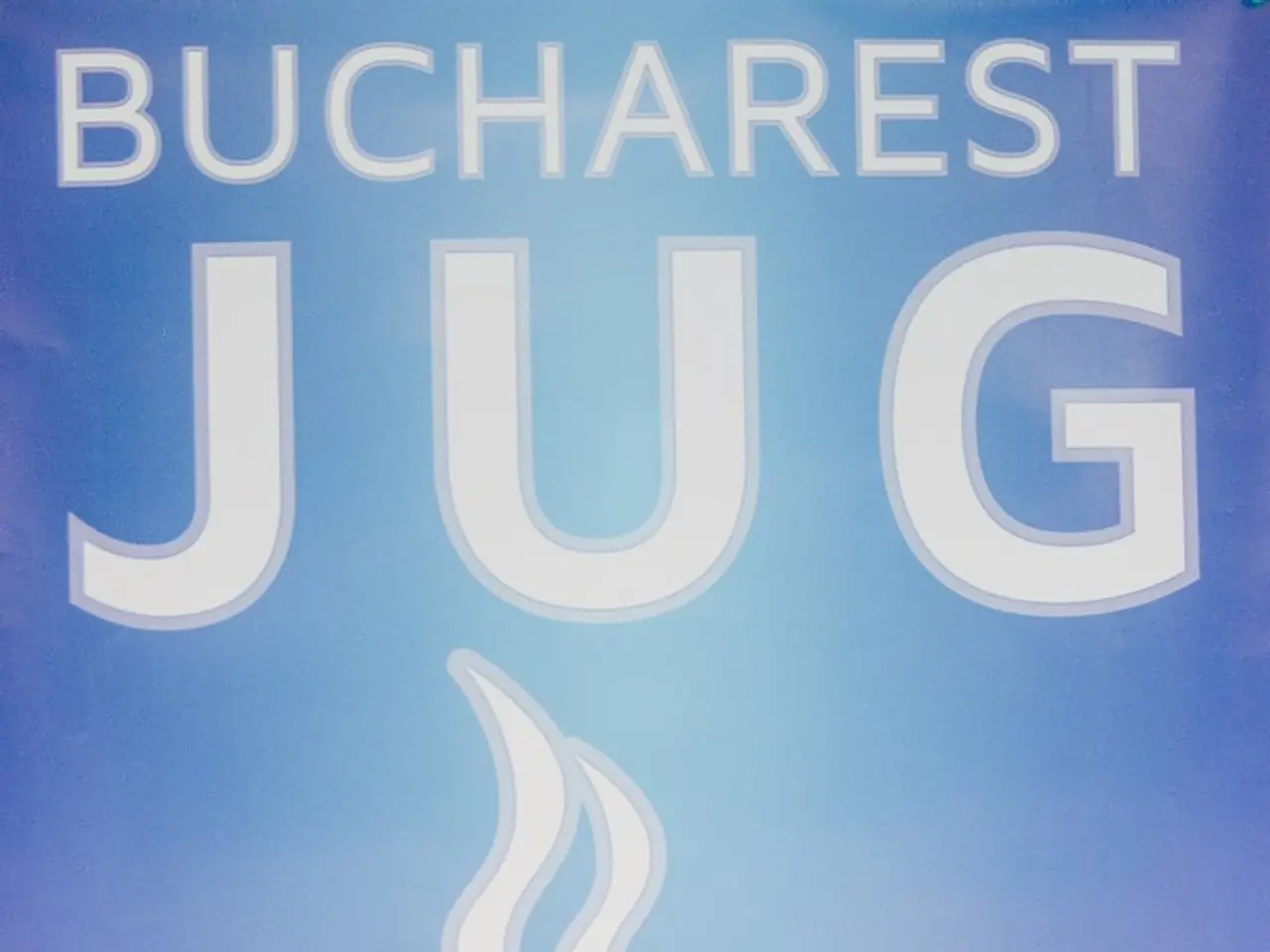EU Initiates Legal Action Against Germany Over Incomplete Enforcement of Single-use Plastics Regulations
The European Union (EU) has given Germany a two-month deadline to address concerns regarding its incomplete implementation of single-use plastics regulations. This follows the obligations set by the EU Directive on single-use plastics, which aims to reduce the environmental impact of plastic waste through measures such as bans, consumption reduction, design requirements, and extended producer responsibility (EPR) schemes.
The EU's single-use plastics directive enforces a 77% separate collection target for plastic bottles by 2025, rising to 90% by 2029, and requires a minimum of 25% recycled content in PET beverage bottles starting in 2025. These measures are part of a broader strategy under the European Green Deal aiming for a sustainable circular economy and minimizing plastic pollution.
Since January 1, 2024, Germany has required manufacturers to pay fees under its Single-Use Plastics Fund Act for plastics placed on the market, with registration and verifications completed by the end of 2024 and payments taking place through winter and spring 2025. However, the EU has identified gaps or delays in Germany’s full adherence to these rules, prompting the Commission to set a two-month period for Germany to remediate these issues to comply fully with EU-wide standards.
Failure to comply within the deadline may lead to further legal or financial consequences under EU enforcement mechanisms. The infringement procedure, a formal process that can be initiated by the EU Commission for non-compliance with EU laws, is a potential outcome if Germany does not address the concerns or amend its laws. If the infringement procedure is completed, a lawsuit before the European Court of Justice is a potential outcome, which could result in a fine for Germany.
The EU Commission and Germany have a duty to cooperate and exchange information during the infringement procedure to ensure a fair and transparent process. If the EU Commission determines that Germany has not complied with EU laws, it may impose a lump-sum payment or a daily penalty payment.
Germany's challenge reflects a broader EU-wide effort to ensure all member states meet the required standards on waste management and packaging regulations. This is part of the EU's commitment to a sustainable circular economy and minimizing plastic pollution. The deadline for Germany to respond to the EU Commission's allegations regarding incomplete implementation of EU regulations on single-use plastics is approaching, and the EU Commission is closely monitoring Germany's response and potential amendments to its laws.
[1] European Commission. (2021). Factsheet: Germany - Infringement procedure on single-use plastics. Retrieved from https://ec.europa.eu/info/publications/factsheet-germany-infringement-procedure-single-use-plastics_en [2] European Commission. (2018). EU Plastics Strategy. Retrieved from https://ec.europa.eu/info/publications/eu-plastics-strategy-2018_en [3] European Commission. (2019). Single-Use Plastics Directive. Retrieved from https://ec.europa.eu/info/laws/single-use-plastics-directive_en
- The European Green Deal, a broader strategy under the EU's policy-and-legislation, aims to establish a sustainable circular economy and minimize plastic pollution, including the enforcement of the EU's single-use plastics directive that mandates a 77% separate collection target for plastic bottles by 2025.
- The infringement procedure, a formal process initiated by the EU Commission for non-compliance with EU laws, is a potential outcome if Germany, following the given deadline, does not address the concerns or amend its laws related to small and medium-sized undertakings, specifically their implementation of single-use plastics regulations.
- Small and medium-sized undertakings within the environmental-science sector play a crucial role in the EU's climate-change initiatives, as they are expected to contribute to the reduction of plastic waste by adhering to design requirements and extended producer responsibility (EPR) schemes outlined in the EU single-use plastics directive.






